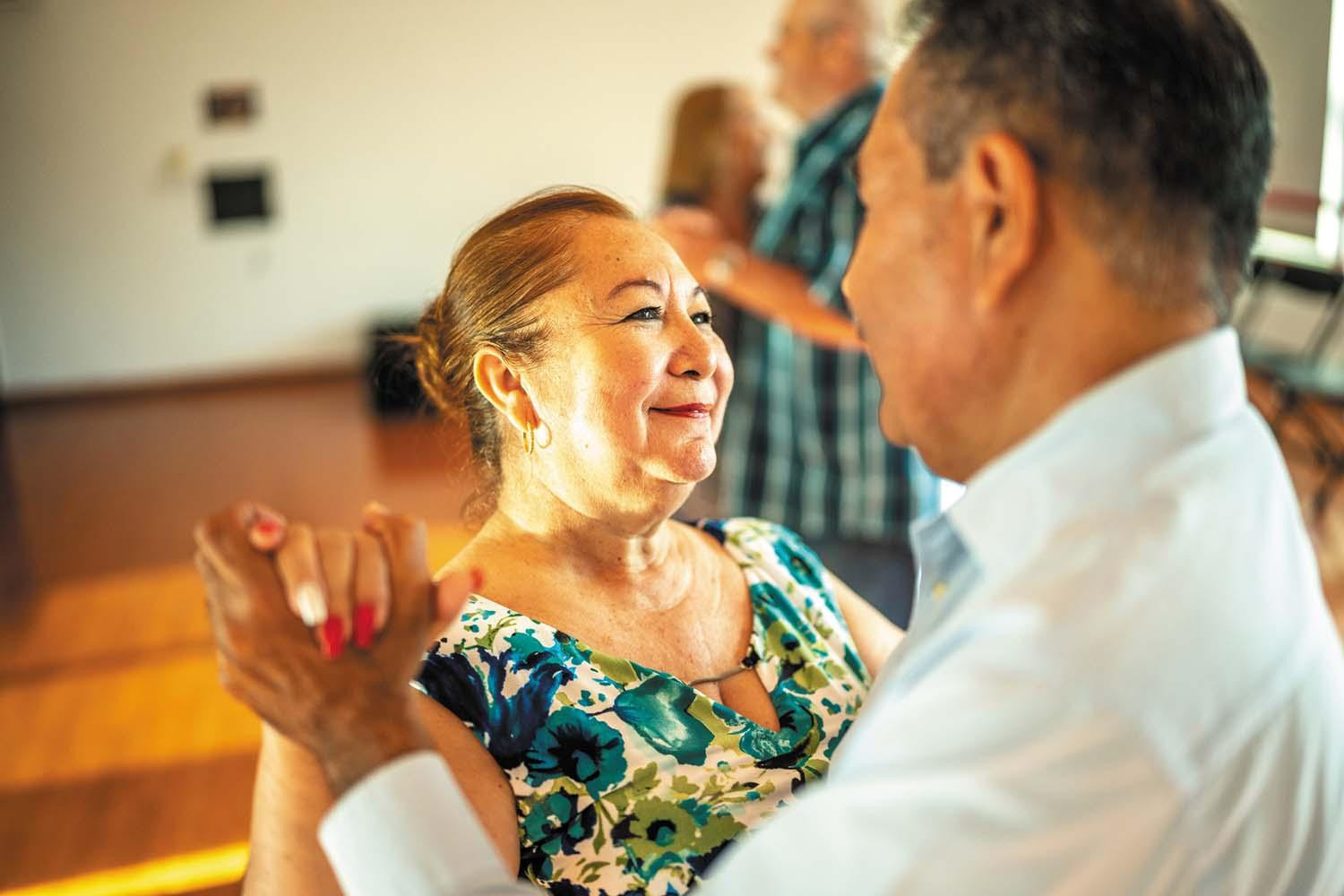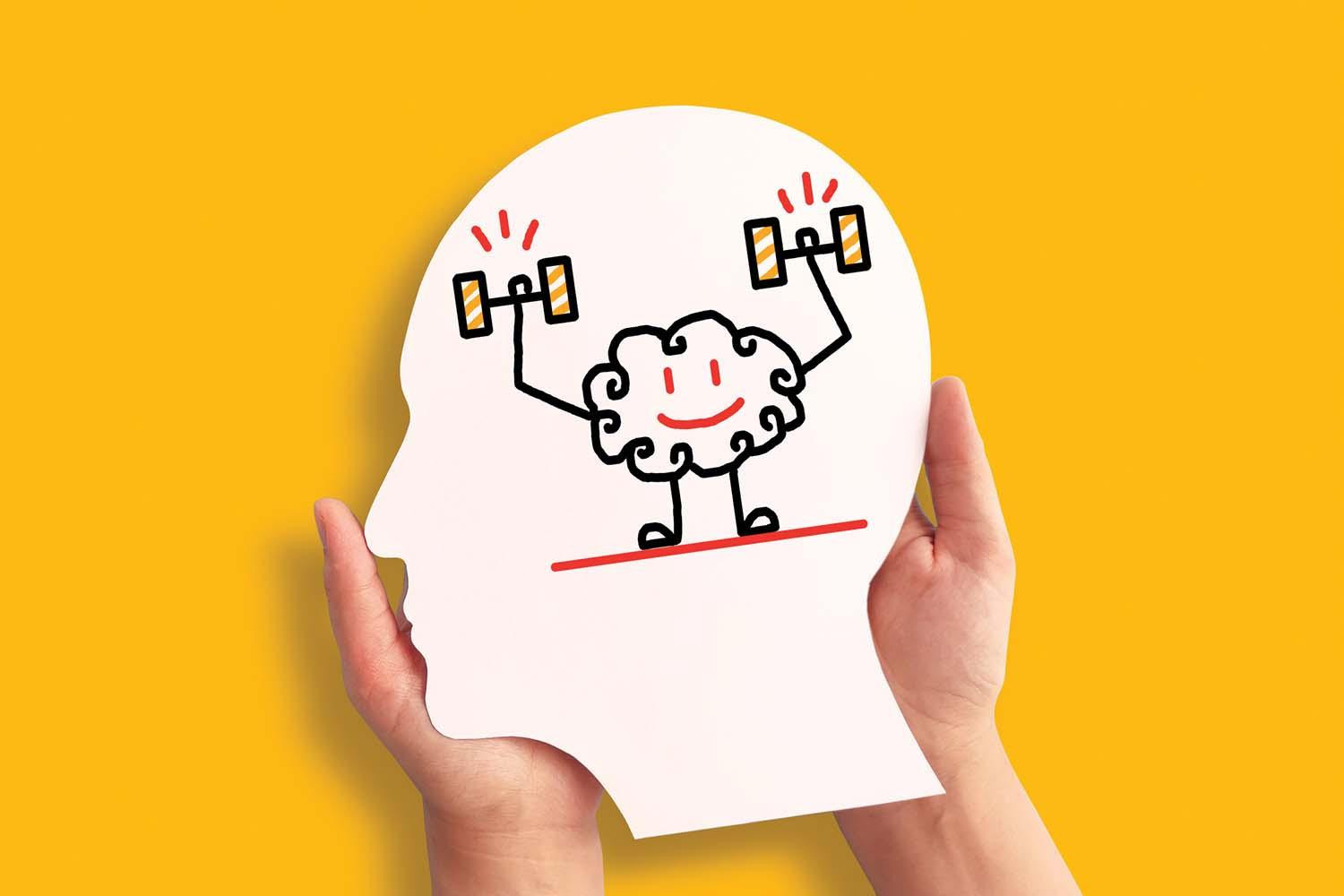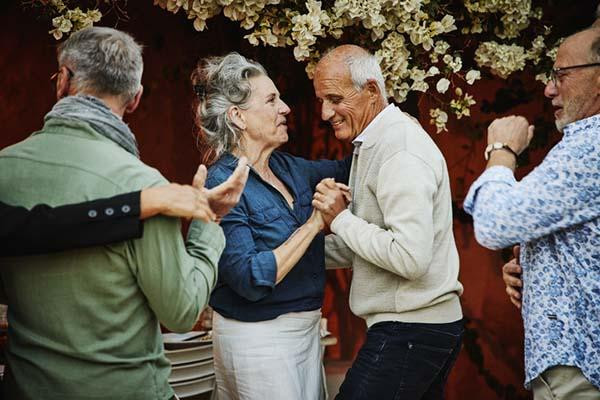
Trying to lose weight? Be careful not to lose muscle

Is your skin problem actually an autoimmune condition?

People with diabetes face higher risk of hearing loss

Antibiotic-free fixes for recurrent UTIs

Musculoskeletal syndrome of menopause: When menopause makes you ache all over

When can older women stop getting mammograms?

To lose weight, especially harmful belly fat, combine diet and exercise

Can men hold off on treating recurring prostate cancer?

The 7 types of rest and why we need them all

What are the early warning signs of cervical cancer?
Relationships & Connections Archive
Articles
Will couples therapy improve your relationship?
Couples therapy gives partners a structured space to work through conflict, improve communication, and strengthen their bond with the help of a trained therapist. It’s useful not only in times of crisis, but also when couples want to navigate big life changes or simply deepen their connection.
An essential way to combat loneliness
Loneliness is widespread and harms both physical and mental health, but nurturing existing relationships is a powerful antidote. By reconnecting with friends and family, meeting regularly, minimizing distractions, and staying in touch across distance, it’s possible to more connected and help protect long-term health.
Boost your cognitive fitness in the new year
The new year is a good time to focus on cognitive fitness. Exercise, healthy eating, mental challenges, good sleep, controlling stress, and social engagement support neuroplasticity and help keep thinking and memory sharp.
The 7 types of rest and why we need them all
People may believe that rest and sleep are synonymous, but sleep is only one form of rest. People need seven different types of rest to feel recharged. These are physical, mental, spiritual, sensory, creative, emotional, and social rest.
Tips to cultivate your joyspan
Joyspan is a term coined by gerontologist Kerry Burnright that refers to the satisfaction and well-being people experience as they move through life. Joy is associated with health benefits such as better immune function, resilience, and longevity.
Dealing with a sluggish sex drive
Men and women can experience many age-related changes and health conditions that can cause their sex drives to decline. Couples who deal with mismatched or missing sex drives should communicate about how they can work together to get back in sync. Both partners should share what they enjoy before and during sex, what issues may be hindering their sex drive, and what strategies they can try, such as recreating dating, planning time for intimacy, and exploring new ways to create romantic moods.
Solo aging: Who can you rely on?
Solo-agers are people 50 and older who aren’t married, don’t have children, and live alone. Many of them don’t have people they can count on to help them with household tasks or manage their ongoing care, if needed. While solo aging can offer perks, it can also leave older adults vulnerable to deteriorating mental and physical health. Solo-agers may count on help from siblings, neighbors, friends, community groups, or paid help. They can build their support by setting up a buddy system, staying in regular touch with loved ones, and tapping senior programs.
Working during retirement years
Continuing to work in retirement can address many specific health needs of men as they age, such as stronger social connection, better cognitive health, and a greater sense of purpose. Regular work has been linked with higher rates of happiness and a lower risk for multiple health conditions. For men who don’t want to re-enter the workforce, options like volunteering and mentoring can offer many of the same health benefits.
Unlocking the secrets of super-agers
Super-agers are people who reach their 80s, 90s, or beyond with the memory capacity of someone at least three decades younger. As people get older, certain brain regions shrink, slowing brain functions. But super-agers retain more brain volume in areas linked to memory and movement, and their brains shrink more slowly over time. Women are more likely to be super-agers because they live, on average, longer than men. Genetics also appear to play a significant role in achieving super-ager status.
Staying socially active linked to delayed dementia diagnosis
In a 2025 study of about 2,000 people (average age 80) who were followed for seven years, about a third developed dementia or mild cognitive impairment. Being socially active seemed to delay that diagnosis for about five years.

Trying to lose weight? Be careful not to lose muscle

Is your skin problem actually an autoimmune condition?

People with diabetes face higher risk of hearing loss

Antibiotic-free fixes for recurrent UTIs

Musculoskeletal syndrome of menopause: When menopause makes you ache all over

When can older women stop getting mammograms?

To lose weight, especially harmful belly fat, combine diet and exercise

Can men hold off on treating recurring prostate cancer?

The 7 types of rest and why we need them all

What are the early warning signs of cervical cancer?
Free Healthbeat Signup
Get the latest in health news delivered to your inbox!
Sign Up











